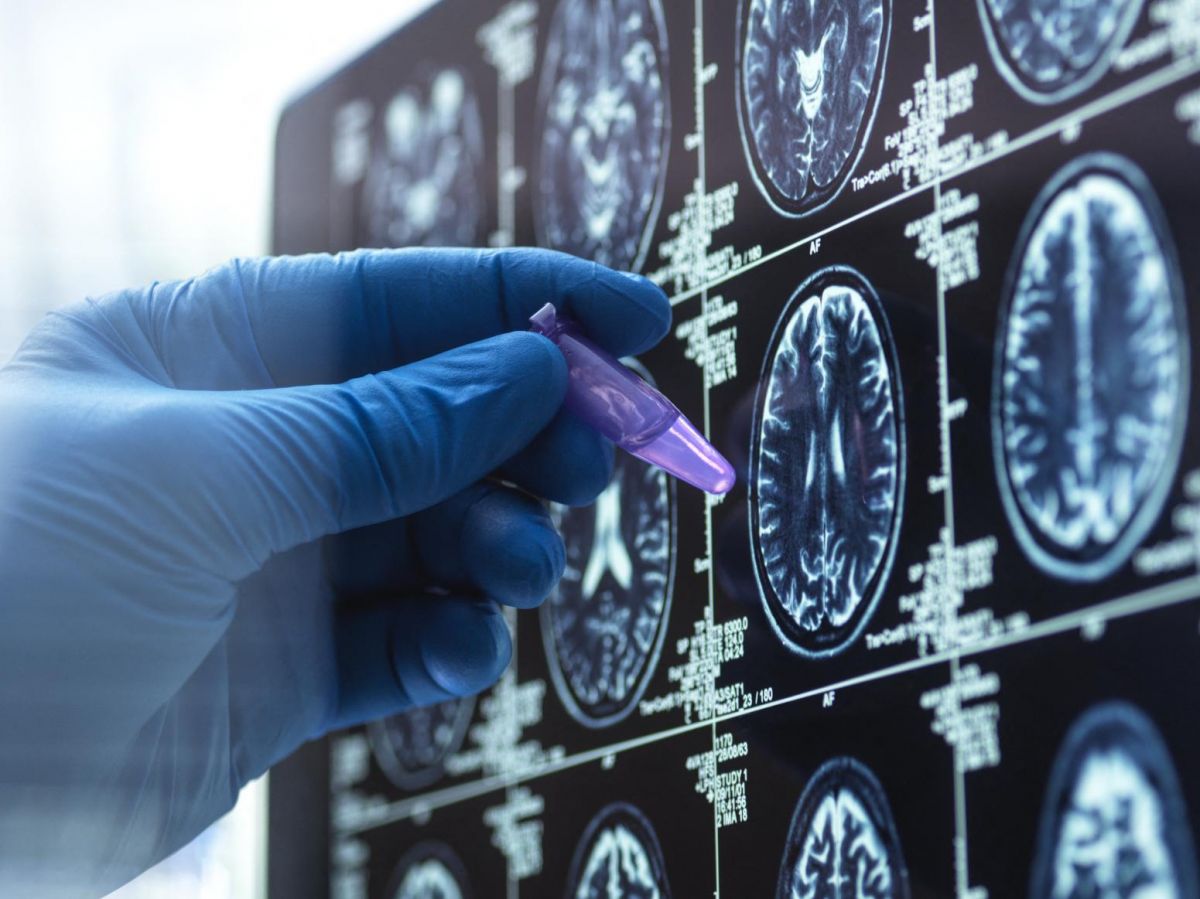Just a few days before World Alzheimer's Day on September 21, the French National Authority for Health (HAS) has just refuse the request for early access to Leqembi, the first treatment capable of eliminating amyloid protein deposits in the brain, a major element of the neurodegenerative disease. A hard blow for patients, their loved ones and research, regrets Science and Future Dr. Marion Lévy, Scientific Director of the Vaincre Alzheimer Foundation. Interview.
Dr. Marion Lévy. Credits: Foundation to Overcome Alzheimer's
"We did not expect this refusal from the HAS at all."
Sciences et Avenir: What is your immediate reaction to this decision by the High Authority for Health?
Marion Lévy: At the Vaincre Alzheimer Foundation, we are extremely disappointed by this decision. And we are even quite surprised; we were really hoping for a positive opinion. We did not expect this refusal from the HAS at all, particularly because we had contributed to the request for early access by providing them with a survey conducted among patients and/or their loved ones. This clearly showed that the treatment was highly anticipated, despite the side effects that were duly presented (47% declared themselves ready to take Leqembi if it was offered to them, 8% opposed it. Including those who responded "maybe," interest reached 73%, editor's note).
We also had the opportunity to interview patients included in the clinical trial conducted in France. Among them, 54% reported positive effects, particularly a stabilization of their symptoms. In fact, from the patient's perspective, the HAS's position will be difficult to understand. Especially since the problem with this negative opinion is that there is now a fear that the treatment will not be available in France until next year. However, by then, patients at an early or moderate stage who are currently eligible may no longer be so due to the progression of the disease.
ON SALE. Find in September 2025 the 18-page special report that we are devoting to the first treatments and first blood tests against Alzheimer's disease.
"UA patient who might have been eligible today may not be eligible next year."
This means at least that you hope that the HAS could finally give a positive opinion during a classic procedure...
Yes, absolutely. The early access request that has just been refused is a procedure that is very different from the traditional route. It concerns diseases for which there is no treatment and which present an urgent need to receive the requested treatment. This is the case here since Leqembi is only indicated in the early and moderate stages of Alzheimer's, which, let's remember, is a neurodegenerative disease that can progress rapidly. But the HAS decision clearly shows that, for them, it is not urgent.
From now on, we must rely on the traditional procedure. This first refusal, a priori, will have no impact on the second evaluation. New data will be analyzed more thoroughly. But it will take longer and, once again, a patient who might have been eligible today may not be next year.
Furthermore, this decision sends a rather pessimistic signal, not only for patients, but also for research and therapeutic innovation. Clearly, one gets the impression that France does not trust these innovations and could therefore lose its attractiveness in terms of research, whether fundamental or clinical.
Read alsoREPORT. This village where people forget their illness
The HAS still puts forward arguments. Particularly regarding the monitoring of adverse effects of the treatment, which requires performing multiple MRI scans on patients. However, we know that access to MRI scans in France is limited. Isn't this an audible reservation?
The European Medicines Agency has indeed made the authorization of Leqembi conditional on monitoring for ARIAs, the microhemorrhages and cerebral edema that can occur when the treatment, by cleaning up amyloid deposits, damages blood vessels in the brain. But it is not a matter of performing MRIs throughout the treatment. What is recommended are three MRIs in the first three months, then a fourth examination after the sixth month.
But since the authorization at the European level, doctors and neurologists from the Federation of Memory Centers in France have been meeting for months and thinking about the best way to organize this essential monitoring. They had published recommendations last February where they explored all the procedures to make this treatment accessible under good conditions. The idea was to start with structures having all the material, technical and medical skills to ensure this follow-up. It was really very well thought out. Here, the HAS seems not to trust our doctors.



